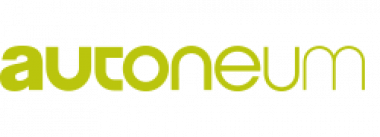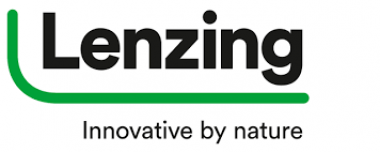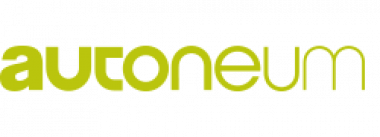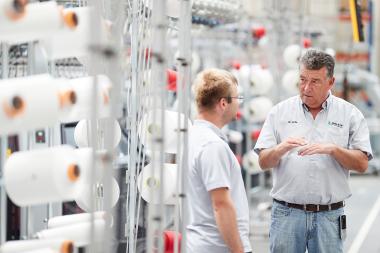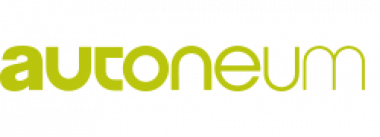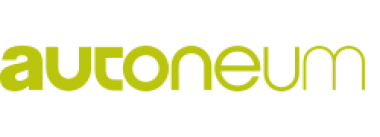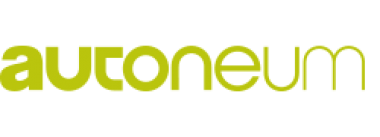Autoneum: Half Year Results 2022
Lower volumes due to geopolitical developments and the sharp rise in inflation impacted the result in the first half of 2022. In a slightly declining market, Autoneum increased revenue in local currencies by 0.5%. At CHF 888.7 million, revenue in Swiss francs reached the previous year's level. Despite the challenging environment, Autoneum achieved a positive operating result of CHF 6.4 million (EBIT margin: 0.7%). The net result decreased to CHF –12.8 million. On the other hand, Autoneum was able to generate a solid free cash flow of CHF 45.2 million. A high demand for sustainable products for electric vehicles confirms that Autoneum is well positioned for this growing market of the future.
Current geopolitical developments substantially affected business performance in the first half of 2022. They are accompanied by accelerating inflation and significant price increases in the commodities markets, which the war in Ukraine has further exacerbated. These developments are also delaying market recovery in the automotive industry. Autoneum does everything it can to minimize the impact on the Group. Despite the present challenges, we will continue to implement our strategy, focusing on innovative and sustainable technologies for growing markets of the future.
- Revenue development influenced by the war in Ukraine and supply chain bottlenecks*
- Low production volumes and high inflation impact profitability*
- Solid free cash flow enables further reduction in net debt*
- Business Groups*
- Well positioned for e-mobility and sustainability*
- Expanding the product portfolio for electric vehicles*
- Autoneum joins the Science Based Targets initiative*
Outlook
According to global market forecasts1, automobile production will pick up again in the second half of the year with growth of 8.8% compared with the first half-year 2022. For full-year 2022, global automobile production is projected to reach 80.8 million vehicles, which is equivalent to a 4.7% increase on 2021. Based on the market forecasts, Autoneum expects to improve the operating result for the second half of the year. This will be supported by ongoing customer negotiations with a view to fair sharing of costs, the accompanying contribution of vehicle manufacturers to shouldering the sharp increases in material, energy and transport costs and the foreseeable normalization of production after the easing of lockdown measures in China. On this basis, Autoneum expects substantially enhanced results for full-year 2022, as well as an improvement in the EBIT margin to 2.0% to 3.0%. Free cash flow is expected to be in the mid to high double-digit million range for the full year 2022.
*For more information see attached document
1Source: IHS “Light Vehicle Production Forecasts” – July 15, 2022
Autoneum Management AG


